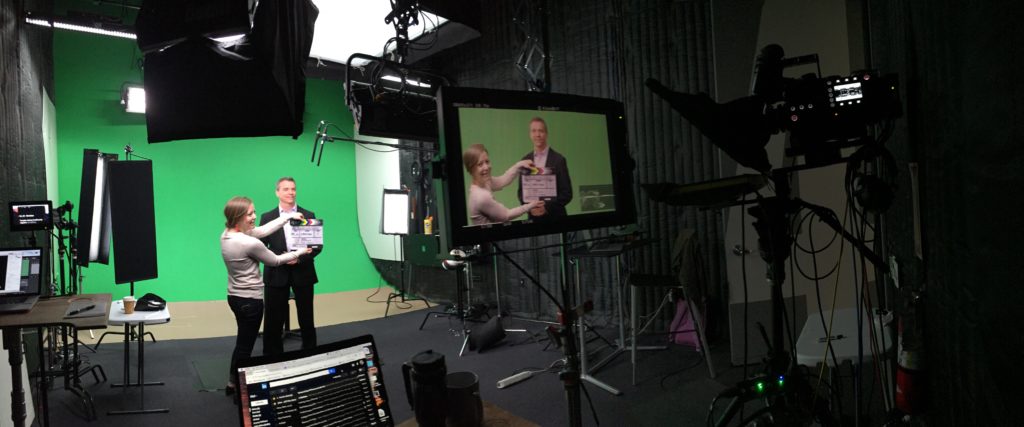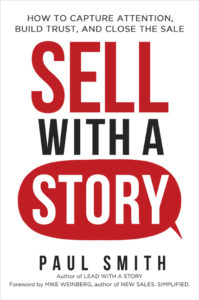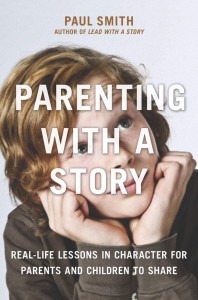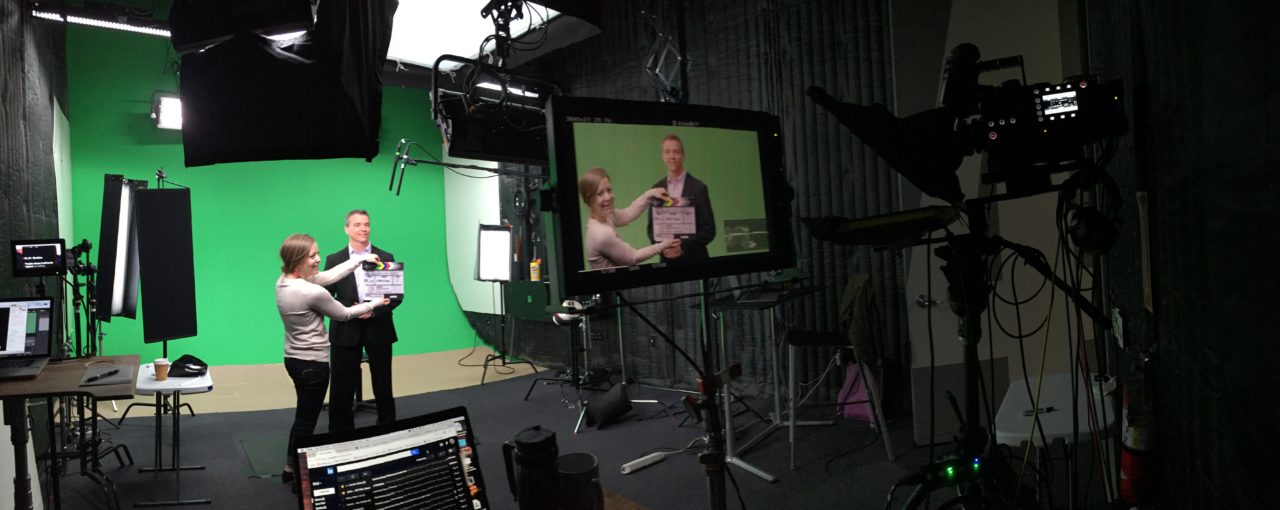Podcast: Play in new window | Download | Embed
Subscribe: RSS
Podcast (parenting-with-a-story-podcast-series): Play in new window | Download | Embed
Subscribe: RSS
It wasn’t the experience I expected twenty minutes earlier when I stepped into the hotel hot tub.
I stopped to pause on each step for a few seconds to get used to the heat. I looked up at an almost full moon and a cloudless, starry sky. It’s 8pm in Carpinteria, California, just outside of Los Angeles, and a cool 60 degrees — a perfect night for a dip in the outdoor hot tub. Or, so I thought.
I deserve it, I told myself. After all, I was on my feet for six whole hours today — albeit, in a Hollywood studio, shooting a training video based not-so-humbly on my latest book.
 I’d sat patiently as my face became the canvas for a makeup artist practicing her craft. Every word I spoke scripted and edited to perfection by my producer. My spot to stand marked with gaffer’s tape. The cadence of my words metered perfectly as I read them off a teleprompter expertly manned by a guy named Tito. The tilt of my head and passion in my voice constantly monitored and adjusted by my director. The temperature on the thermostat set so very thoughtfully to 66 degrees, so that I, as I stood under a dozen lights in my best suit, would not feel the least-bit hot, while everyone else in the room bundled up in sweaters.
I’d sat patiently as my face became the canvas for a makeup artist practicing her craft. Every word I spoke scripted and edited to perfection by my producer. My spot to stand marked with gaffer’s tape. The cadence of my words metered perfectly as I read them off a teleprompter expertly manned by a guy named Tito. The tilt of my head and passion in my voice constantly monitored and adjusted by my director. The temperature on the thermostat set so very thoughtfully to 66 degrees, so that I, as I stood under a dozen lights in my best suit, would not feel the least-bit hot, while everyone else in the room bundled up in sweaters.
In between shoots, I escaped to my private green room exactly nine paces from the set, where I considered taking a shower just to say that I used it. I sipped tea made from licorice, marshmallow root, and slippery elm bark, to help soothe and strengthen my actor’s voice.
But now, I was recovering from that not-so-grueling experience and preparing myself mentally and physically for another day of it in the morning. As I sat there alone, buoyant in the still, pristine water of the hot tub, I heard the gate latch open and close and the sound of footsteps. A man approached in a sand-covered and wrinkled pair of walking shorts and an equally wrinkled short-sleeved button down shirt — presumably from a day lounging on the beach.
Ten years my senior, and with 4-day stubble on his face, he stopped at the edge of the tub and asked if I wanted the “bubbles turned on.”
I said, “No thanks. But I don’t mind if you want them on.”
He said, “Thank you, I would.” He turned the timer to its maximum and returned to the tub. It was about time for me to get out. But I thought it best to stay for a minute or two, if only for the social grace of exchanging a few words with this man, and to not make it seem as if his presence had scared me off.
He took off his shirt and stepped gently into the tub, pausing on each step just as I had, to get used to the heat. I thought it strange that he didn’t change into more fitting swimwear. But, maybe that’s just what they do in California.
As he reached the last step, he sank down to his knees to submerge himself almost fully in the water with only the very top of his head showing. He ran his fingers through his hair. Slowly at first, then more vigorously — more like he was taking a shower than relaxing in a hot tub.
When he finally sat up and leaned back against the wall, he began to speak again.
“The bubbles really help — with the pain.”
“How’s that?” I said.
“My back. It’s excruciating. Has been for years. The only thing that seems to help is the hot tub. None of the drugs seem to work. They say I’ve got one more I can try. But, I probably won’t.”
“What happened?”
“Who knows. I had an operation once. They removed a few bone spurs.”
“Did that help?”
“No, made it worse. And then I had a misunderstanding with a police officer. He yanked my arm really hard. Viciously, really. That’s never been the same. And it made my back worse.”
“Well, I’m glad the hot tub works.” I smiled at him, but he didn’t return it.
“You know, my wife left me because of it — my back. A good friend stole her from me because I’m just not good for much with it.” He looks away and pauses. “We were married for fourteen years.” Another pause. Then he said, “God, I miss her so much” as his voice cracks. His hands come up instinctively to hide tears that would have been indistinguishable from the chlorine-saturated water dripping down his face already.
“Yeah, I can imagine so.”
After a short silence, he said, “You know, eventually you just don’t know what to do. You end up sleeping in the bushes and wishing she’d come back.”
I didn’t know what to make of that. So, I didn’t say anything.
After he regained his composure, he said, “And then, my brothers died. First the oldest. Now all of them are gone. One by one, they just died.” He pauses. “Bill was the best friend I ever had. I don’t know what to do without him.” His voice is cracking again now.
“I’m really sorry to hear all that,” I said. In my head I was struggling between competing thoughts of sympathy for this man that I’d had since he first started speaking, and a new feeling of uncomfortableness from the rapidly growing intimacy of his story and my undeserving stature as his audience.
Another round of laments about losing his wife, his brothers, and his health. Each one was accompanied by a stronger emotional break in his voice. And each one repeated with a farther-away stare with and his head turned farther and farther away from my direction.
It started to seem as if this was becoming more of a monolog than a dialog. And just as I wondered if I was only a voyeur to his soliloquy, he noticed the silhouette of a man on the balcony overlooking the pool area. His head snapped back in my direction and he nervously asked, “Is that a friend of yours?”
I looked, even though I was traveling alone, so I knew it wasn’t. “No. I think that’s the front desk clerk.”
“Oh,” was all he said. The answer seemed to disappoint him. But I couldn’t tell if it was because he was yearning for a new audience member’s ear to bend, or out of fear that someone else might join us and interrupt whatever therapy our conversation and warm water was providing.
Something about all of this just didn’t feel right. So, after another stretch of silence, I asked, “So, are you staying at this hotel?”
“Oh, no,” he said, unapologetically. “I could never stay anywhere this nice.” Another pause. “I’m –” and then his face turned away again, “I’m just outside,” those last words said with resignation and a shrug of his shoulders.
And that’s when all the pieces snapped into place. Jesus, there’s a homeless man bathing in the hot tub! With me!
I thought, what should I do about this? Should I tell someone? Or should I go get my wallet and help the guy out?
I felt uncomfortably unclean. Uncomfortable because I was sharing a tub with someone who probably hadn’t had a proper bath or hygiene or health care in a while. But also uncomfortable at my own uncomfortableness.
I thought about the irony of our situations. At the moment, we were both just middle-aged men, enjoying a dip in a hot tub on a beautiful California night. But the juxtaposition of the situations that got us here was heavy on my mind.
Even though what I had been doing all day certainly counted as work, it was likely the most pampered I’ve ever been outside of a spa resort. I was constantly the focus of attention of every conscious creature and every mechanical and digital object in the space I inhabited all day. And if ever anything less-than-perfect happened, a team of people and technology spun into motion to set it right. A touch-up to the makeup on my nose. A lighting adjustment. “Get you more tea, Mr. Smith?”
Whereas, I suspected I might be the only person my tub-mate had spoken to all day — or at least the only one who’d actually listened to him. And any comfort he’d enjoyed all day had surely been, like now, taken at some risk.
After another minute or two, I decided to get out. I’d been in for twenty minutes when he arrived and was now pushing thirty. Or, was that just an excuse? I honestly didn’t know which. As I got out, I struggled with an immediate guilt — was my exit too quick after it finally dawned on me what was happening?
“Well, it’s time for me to go. I hope your back is feeling better,” I said.
“Yes, it’s getting there,” he said. “Bless you, friend.”
I thought again about going back to my room and getting my wallet and coming back. But would that just be insulting, since he hadn’t asked for any money? Perhaps he just wanted to enjoy these few minutes of normalcy in our shared roles as comfortable fellow travelers? And wouldn’t my offer ruin the ruse?
And I thought again about calling the front desk and telling them there was a homeless man in the hot tub.
Either way, I got the impression that no matter what I did, by the time I got dried off and dressed and did something, he’d be gone. Either because he was done or because the hotel staff had chased him off again.
In the end, I guess I gave him only my time and my ear. And he gave me only this story. But, as I walked out of the gate and toward the lobby, the front desk clerk appeared in the doorway. He opened the door and leaned out, tentatively, as if the direction of his next step depended on the outcome of our conversation. He said, “Is everything okay out there?” And that was my moment of truth. I honestly didn’t know what I would say until it came out of my mouth.
I looked up at him and smiled. “Yes,” I said. “Everything’s just fine.”
Use these links to subscribe to this podcast on iTunes or Stitcher, or Podbean.
—
 Paul Smith is one of the world’s leading experts on business storytelling. He’s a keynote speaker, storytelling coach, and bestselling author of the books Lead with a Story, Parenting with a Story, and Sell with a Story.
Paul Smith is one of the world’s leading experts on business storytelling. He’s a keynote speaker, storytelling coach, and bestselling author of the books Lead with a Story, Parenting with a Story, and Sell with a Story.


 Connect with him via email here.
Connect with him via email here.
Follow him on Facebook, LinkedIn, Twitter, and Instagram.
Sign up for his newsletter here to get one new story a week delivered to your inbox.


Another inspiring and motivating writing by Paul. I read this at just the right time — a time when I am far too caught up in all that I have and all that I don’t. This was a great read to help put things in perspective. Keep up the great work Paul – I love you books and thoughts! I am privileged to know you.
Thanks, Diane. Yes, we all need a reminder like this from time to time. Glad you enjoyed it, and thanks for the kind words.